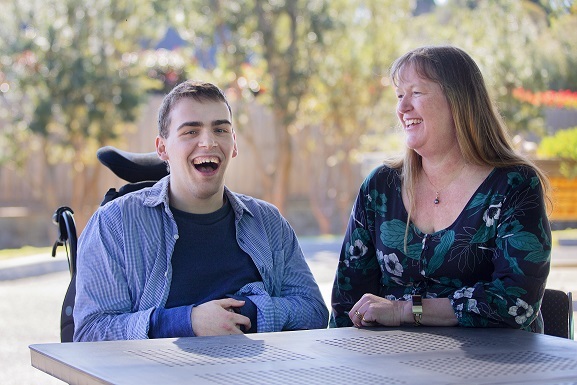Are autism and ADHD the same? Can children have both? How can parents tell the difference? Let’s explore how they are similar and how you can spot the difference between the two.
It’s easy to see why autism and ADHD (attention deficit disorder) can get confused. There’s a real overlap between the symptoms of both conditions. Things like hyperactivity, inattention and social interaction can be common to both.A child with either autism or ADHD may be impulsive, or they might find it hard to share and take turns in games.
Autism and ADHD explained
Autism spectrum disorder is a series of related developmental disorders that can affect language skills, behaviour, social interactions and the ability to learn.
ADHD is a common neurodevelopment disorder which impacts the way the brain grows and develops, making it harder to pay attention, sit still or think before acting.
Some people have both autism and ADHD.
How are they different?
There are a few subtle differences in how children with autism and ADHD behave.
The first difference lies with their attention span:
- A child with autism may find it hard to concentrate on a task that doesn’t interest them. Yet, if they find something interesting, it will absorb them for hours on end.
- However, the attention span of a child with ADHD is likely to be short, even when they are doing something they love.
The next difference revolves around communication. Children with either condition may find it hard to interact with others – but in different ways:
- A child with autism may find it hard to express their emotions, and they may not use the common cues of conversation like gestures or eye contact.
- A child with ADHD, on the other hand, may talk non-stop, always interrupting and not really noticing how their words affect others.
Finally, children with autism and ADHD may respond differently when it comes to routines:
- A child with autism may prefer structure, feeling safer when a familiar routine guides their day. They might become upset or anxious if something – such as reading a favourite book before dinner – is changed.
- Generally, a child with ADHD doesn’t like routine! They are much more likely to become bored – which can then lead to impulsive behaviour – in structured environments like school.
How does treatment for ADHD and autism differ?
Treatments for both ADHD and autism can vary depending on the severity of the condition and how much the symptoms affect everyday life.
Behaviour therapy and medication can help with both these conditions. With autism, however, extra therapy may be recommended – such as counselling, education support, speech therapy and occupational therapy.
With both, an early diagnosis can help children and their families to manage the condition. If you are at all concerned that your child has either ADHD or autism, it’s a good idea to speak to your doctor or paediatrician as soon as possible.


